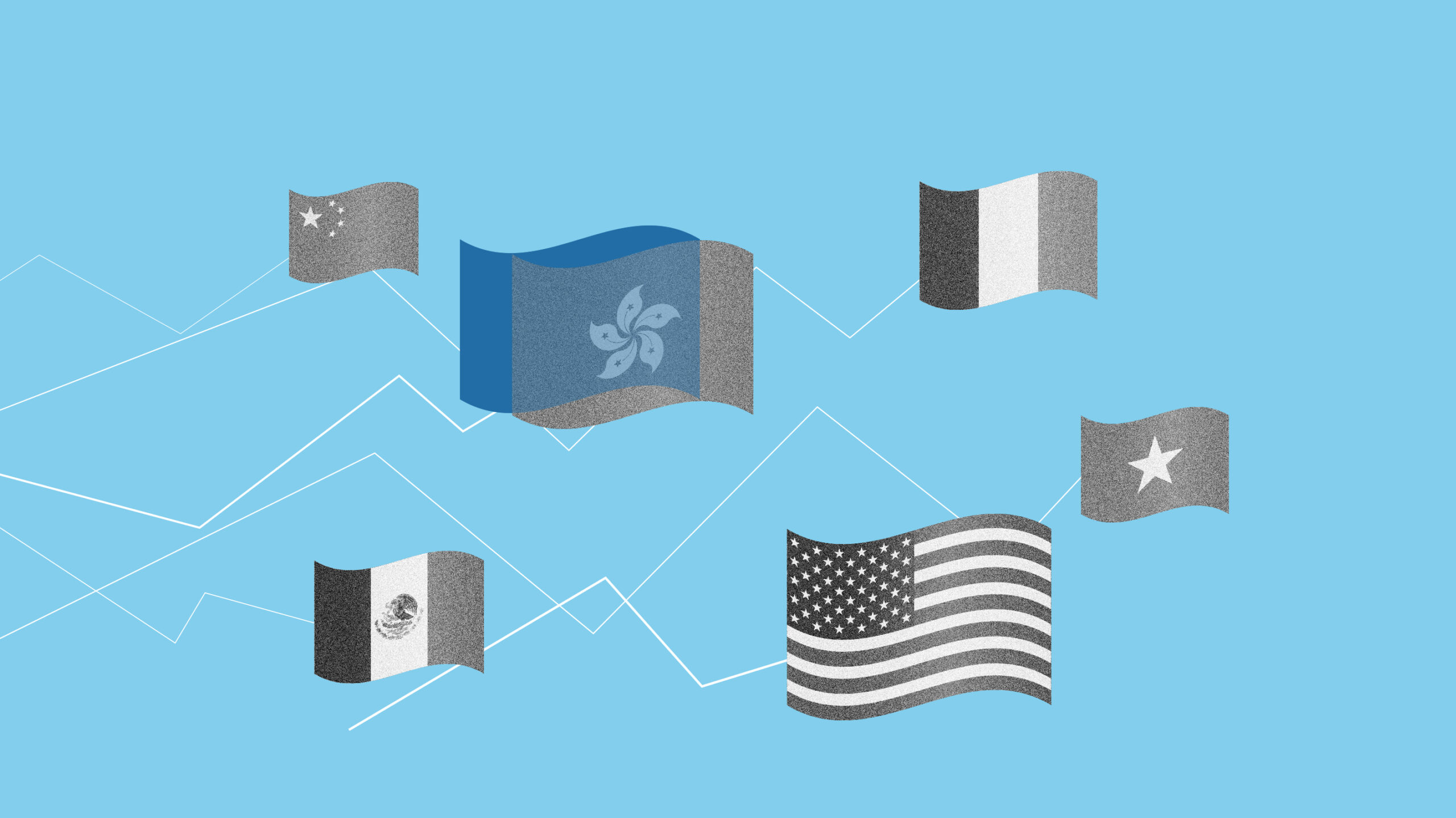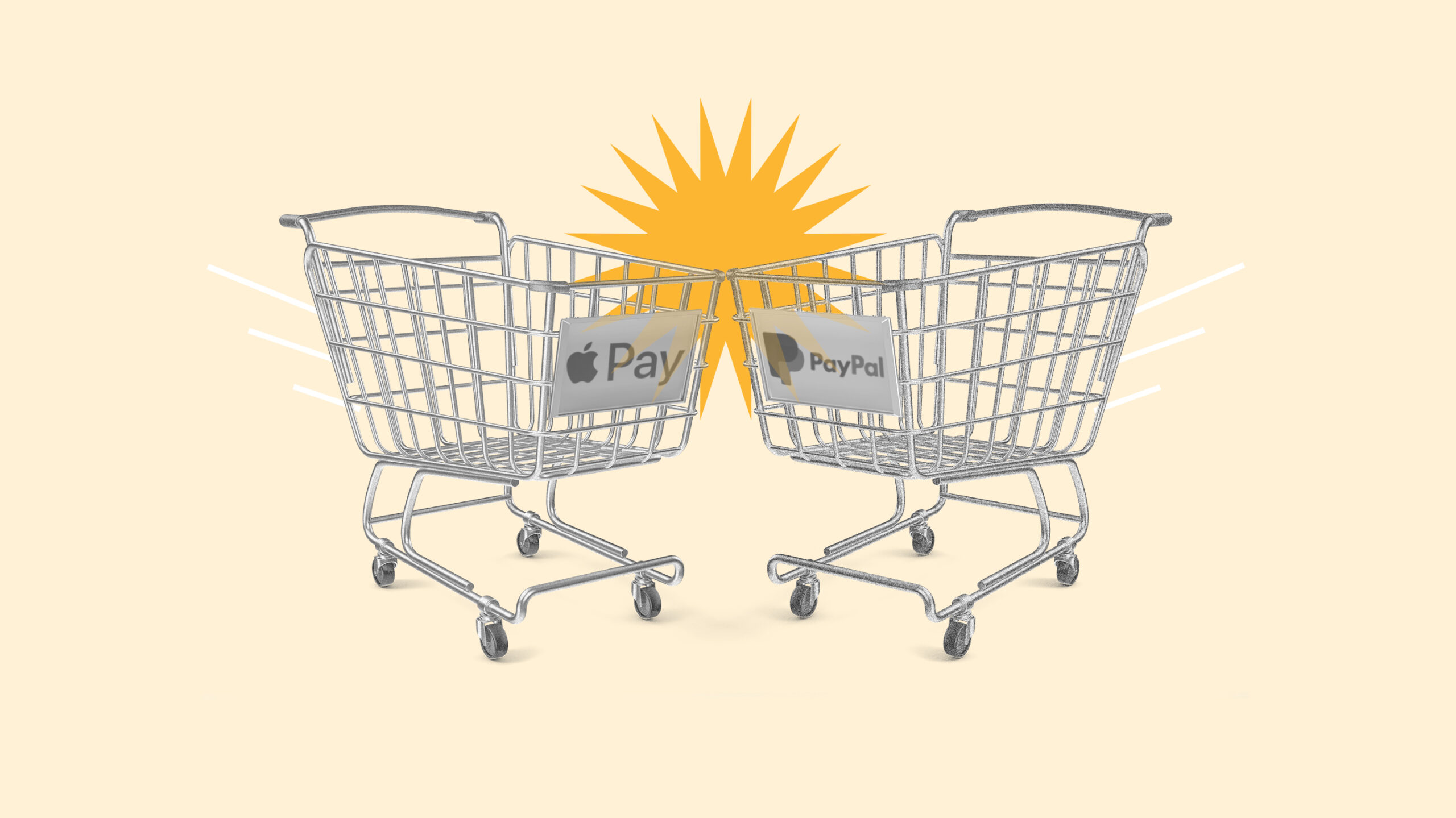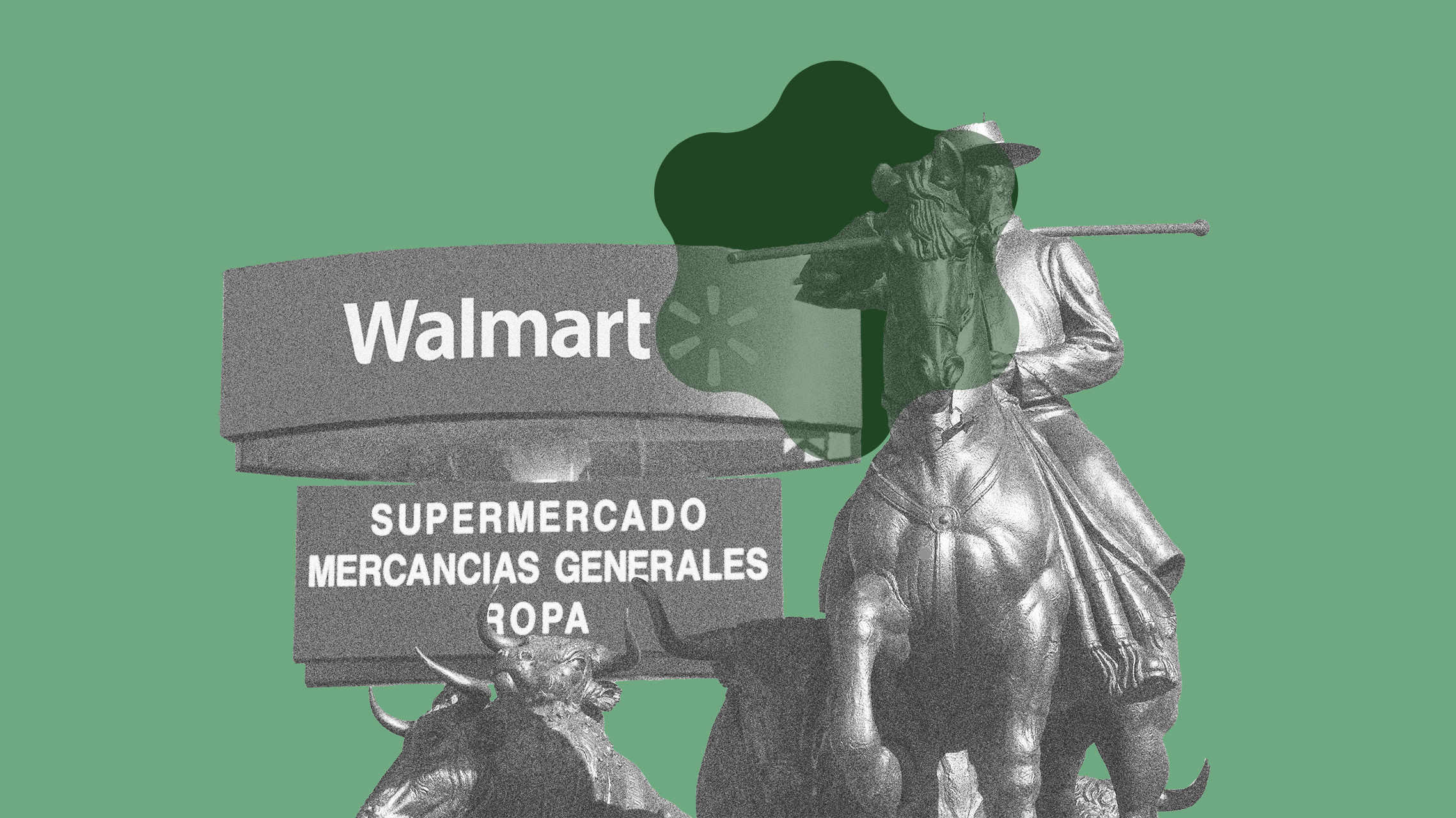In the grocery business, some of the biggest challenges exist in the bakery department. Baked goods have a short shelf life, and stores have traditionally relied on inefficient methods to track “sell by” dates and manually apply reduced-priced stickers to packages as they near expiration. That’s why Kroger recently began testing labels embedded with radio-frequency identification (RFID) technology in its bakery sections. By wirelessly tracking this inventory, a supermarket can better manage food freshness and adjust prices without assigning workers to re-tag products.
The company behind Kroger’s RFID pilot program is Avery Dennison, which might surprise investors who are more familiar with its low-tech products such as mailing labels. Before Stan Avery invented self-adhesive labels, or stickers, nearly a century ago, labels had to be moistened with water to make them stick. Avery mailing labels later became a staple of office-supplies stores. Although the company sold its office- and consumer-products division to CCL Industries in 2013, adhesive technology remains the core of its business, used in everything from shampoo- and wine-bottle labels to barcode stickers, shipping labels, reflective films for traffic signage, customized apparel tags—and RFID labels.
Avery Dennison has been in the business of RFID technology since the early 2000s, but the technology didn’t immediately take off due to its high costs and a lack of readily available software to manage RFID data. In 2000, each RFID tag cost more than US$1, compared to 15 cents a decade ago and just 5 cents today. As technological advances and manufacturing scale brought down those costs, prominent retailers such as Macy’s and Marks and Spencer began using RFID-tagging systems, and it wasn’t until they demonstrated the benefits that other chains followed suit. In perhaps the most cutting-edge example, Avery Dennison customer Uniqlo uses RFID tags for all its merchandise, which has enabled the companies to create a touchless self-checkout system that doesn’t require the scanning of individual barcodes. Today, RFID labels generate just 10% of Avery Dennison’s total revenue, but sales of these products are growing significantly faster than the rest of the company’s businesses while also earning superior margins.
According to the company’s estimates, RFID technology has penetrated about 40% of the apparel market, where there are roughly 45 billion taggable units. The larger growth opportunity is in food, where there are over four times as many potential taggable units but very few companies are using RFID systems. In the past, an obstacle to using RFID labels for food was that the chips wouldn’t work under varying temperature and humidity conditions, preventing tagged products from being refrigerated or microwaved. Avery Dennison has since developed solutions to these problems, unlocking a new market.
As it pursues that growth opportunity, the company’s scale and vertical integration in RFID manufacturing are key competitive advantages. Inside an RFID tag are inlay components such as an antenna, microchip, and substrate to hold them together; the company has a 50% share of the RFID inlay industry and more than 1,500 patents to protect the design of its antenna and other tag properties. Its strength in this area has also supported continued investment in R&D to sustain its market leadership over the long run, such as developing designs suitable for customers in other markets, including logistics and health care.
Kroger’s initiative is important because, like the apparel industry, widespread use of RFID technology in the grocery industry will likely hinge on a few success stories among the big chains. The cost of RFID tags is also a key metric that investors should monitor; as that comes down, Avery Dennison can make a more compelling case to customers that the money saved from reducing their food waste and labor needs is worth the investment in an RFID system.
If Avery Dennison’s project for Kroger is successful, and the cost of the tags continues to fall, Kroger may be just the first of many grocers to switch to this method of tracking their perishables. ∎




